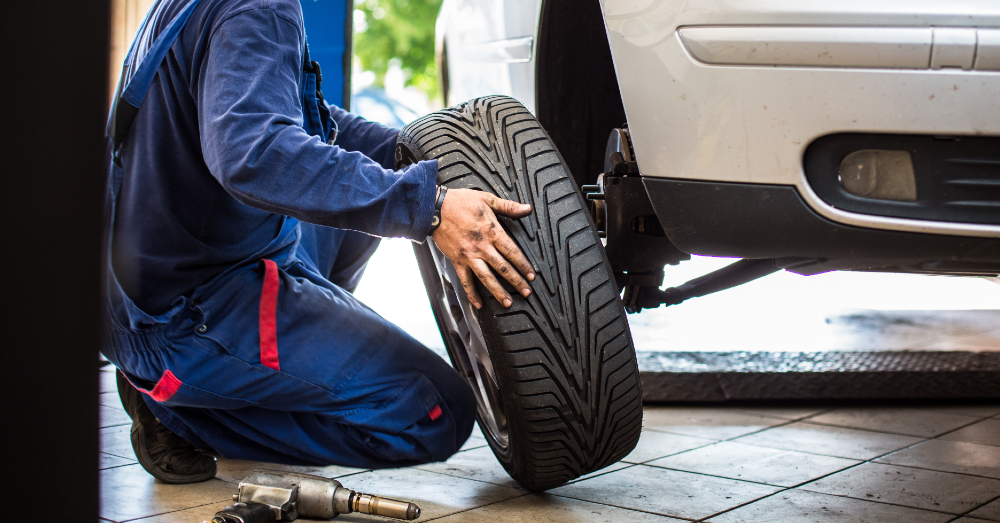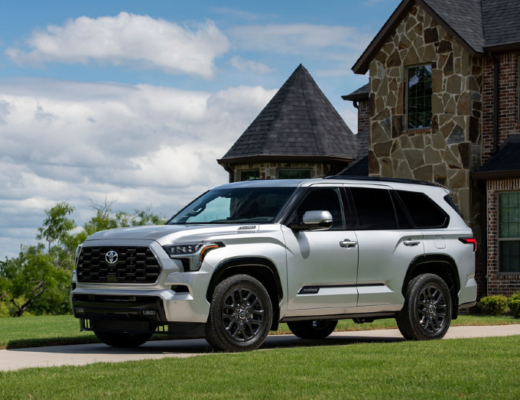Your tires are probably the most abused and ignored part of your car. They are also the most important part, and you need to know how to choose the right tires.
The tires on your car are the only part of the vehicle that’s supposed to touch the road. If other parts are touching the road, something is very wrong. It’s important to have good tires on your car at all times to avoid accidents, stop in time, and enjoy the best fuel mileage in your vehicle.
Here are seven tips for choosing the right tires for your vehicle.
1. There are right and wrong tires for your car
All tires are made of rubber, but not all tires are created equal. You’ll find various brands and prices when it comes to the tires for your car. Some tires are made for warmer weather; others are only good in the snow and cold. Some tires are adequate for all seasons but might not be what you want when you live in areas that experience extreme heat or cold. Get to know the right brand and tire type for your vehicle.
2. Is it time to replace your tires?
You should be in the habit of checking your tires for proper inflation at least once a month. If you have a vehicle with an automatic tire pressure gauge, you might not do this as often as you should. Still, every so often, take a penny and check all five of your tires. That means the spare too. Put the penny in the tread upside down, and if Lincoln’s head isn’t covered, you need to replace your tires.
3. Tires have codes; you should know the basics when shopping
It won’t do you any good to shop for large truck tires when you drive a compact car. In order to shop for the right tires, you’ll need to know the tire size code. This is usually shown as a number on the side of every tire. A common number sequence could be 235/45 R19. When calling around or searching online for tires, this is the information you need to be able to confidently shop for the tires you need.
4. Size matters and can change your ride
If you go away from the tire size used by the manufacturer, your tires could change a few things on your car. Some people want larger tires to fill the wheel well or will buy larger wheels and add low-profile tires that fill this space. Both of these changes could require recalibrating your speedometer and could change the fuel mileage you get out of your car. Its important to understand how tire size can impact your vehicle’s performance.
5. What are you looking for out of your tires
If you want a more comfortable ride, you should look for tires with a larger sidewall. This could mean changing to smaller wheels. When you want less noise or longer wear, you’ll have to read reviews and learn which tires offer the best results. For the most part, you’ll likely want the tires that were on your vehicle when it was made, but if you’ve changed over the years, now might be a good time to try a different tire type and see what happens.
6. Shop around for tires
The same brand of tires could be listed at different prices at various locations. Its important to shop around and find the right tires at the right price. With online shopping and fast shipping, you might get your tires shipped to your home through Tire Rack or Amazon, and then all you’ve got to do is take them to a shop to have them put on your vehicle. Don’t overpay for the tires you buy for your vehicle.
7. Check the expert advice
There are several online publications that review every aspect of a vehicle and nearly every product that consumers can buy. One such publication is Consumer Reports. A subscription might be worth it to understand what these experts consider to be good tires and which ones you should avoid. With some expert advice, you’ll find the right tires to keep your car on the road for thousands of miles. Most tires last between 40,000 and 80,000 miles, which means you won’t need to replace them very often at all.
When you’re looking for the right tires, spend some time doing your homework to ensure you get the tires you want to enjoy on your vehicle.
This post may contain affiliate links. Meaning a commission is given should you decide to make a purchase through these links, at no cost to you. All products shown are researched and tested to give an accurate review for you.




